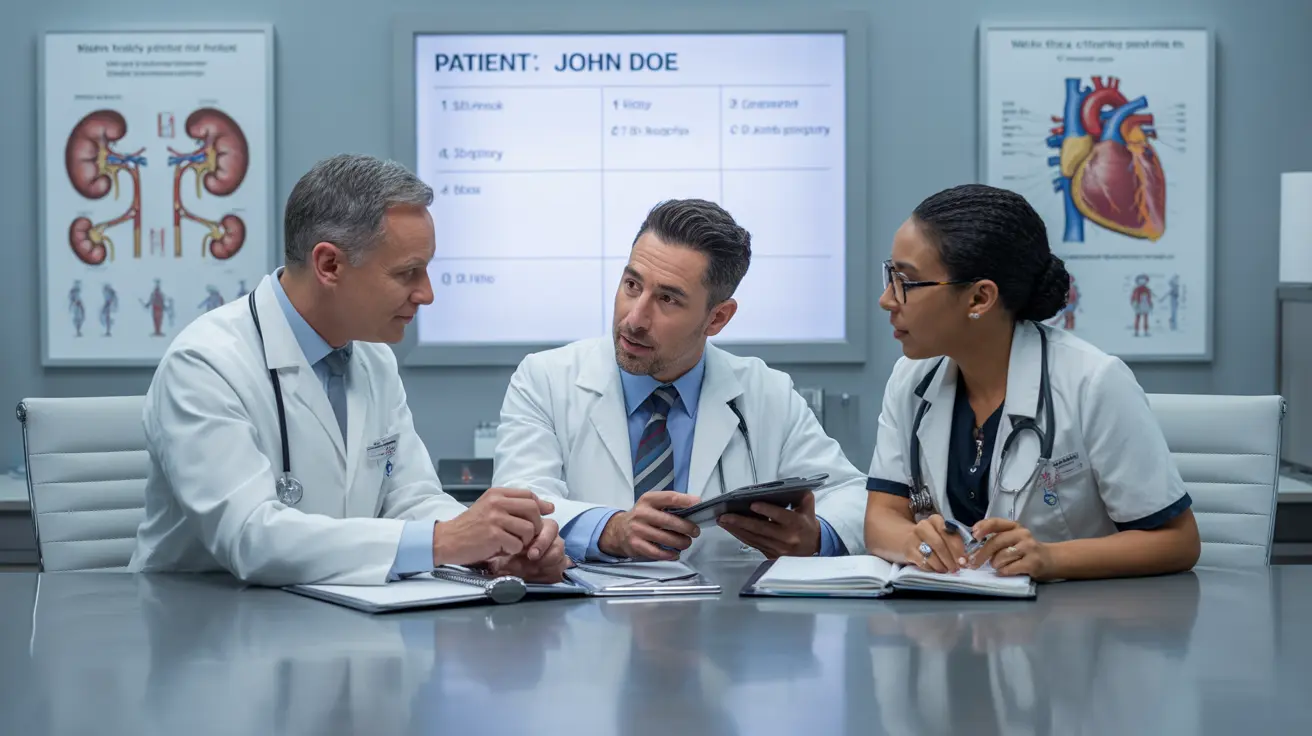Bardet-Biedl syndrome (BBS) is a complex genetic disorder that affects multiple body systems and can significantly impact life expectancy. Understanding the factors that influence longevity and prognosis is crucial for patients, families, and healthcare providers to ensure optimal care and quality of life.
While life expectancy can vary considerably among individuals with BBS, early diagnosis, comprehensive medical care, and proper management of associated health complications play vital roles in determining overall outcomes. This article explores the key factors affecting life expectancy and discusses important considerations for long-term health management.
Key Factors Affecting Life Expectancy
Several critical factors influence the life expectancy of individuals with Bardet-Biedl syndrome:
Kidney Function and Disease
Kidney complications represent one of the most significant factors affecting survival in BBS patients. Progressive kidney disease can develop in up to 82% of individuals, making regular monitoring and early intervention essential. Proper management of kidney function through medication, dietary modifications, and potentially dialysis or transplantation can significantly impact long-term outcomes.
Cardiovascular Health
Heart-related complications are common in BBS and can substantially affect life expectancy. These may include:
- Congenital heart defects
- Hypertension
- Cardiomyopathy
- Heart rhythm abnormalities
Obesity Management
Obesity is a hallmark feature of BBS that can lead to various secondary health complications. Maintaining a healthy weight through proper nutrition and regular physical activity is crucial for improving life expectancy and overall health outcomes.
Impact of Early Detection and Intervention
Early diagnosis and intervention can significantly improve life expectancy in individuals with Bardet-Biedl syndrome. Key aspects include:
Regular Health Monitoring
Consistent medical supervision allows for:
- Early detection of complications
- Timely intervention for emerging health issues
- Regular assessment of organ function
- Appropriate adjustment of treatment plans
Specialized Care Team
A coordinated approach involving multiple specialists helps ensure comprehensive care and better outcomes. This team typically includes:
- Nephrologists
- Cardiologists
- Endocrinologists
- Ophthalmologists
- Genetic counselors
Modern Treatment Approaches
Advances in medical care have improved the outlook for many individuals with BBS. Current treatment strategies focus on:
Targeted Therapies
Modern treatments may include:
- Specialized medications for specific symptoms
- Gene therapy research
- Novel approaches to managing complications
- Personalized treatment plans
Lifestyle Modifications
Implementing appropriate lifestyle changes can significantly impact long-term health outcomes:
- Structured exercise programs
- Dietary management
- Weight control strategies
- Mental health support
Frequently Asked Questions
What factors influence life expectancy in people with Bardet-Biedl syndrome? The main factors affecting life expectancy include kidney function, cardiovascular health, obesity management, early diagnosis, and access to comprehensive medical care.
How does kidney disease affect the lifespan of someone with Bardet-Biedl syndrome? Kidney disease is a primary factor in determining life expectancy, as progressive kidney dysfunction can lead to serious complications. Early detection and proper management of kidney problems are crucial for improving survival rates.
Can modern treatments improve the life expectancy of patients with Bardet-Biedl syndrome? Yes, modern treatments, including specialized medications, targeted therapies, and comprehensive care approaches, have significantly improved life expectancy outcomes for many individuals with BBS.
What are the common health complications of Bardet-Biedl syndrome that impact survival? Key complications affecting survival include kidney disease, cardiovascular problems, obesity-related issues, and their associated secondary health effects.
How important is early and ongoing medical care for extending life expectancy in Bardet-Biedl syndrome? Early and ongoing medical care is crucial for extending life expectancy, as it enables prompt identification and treatment of complications, regular monitoring of organ function, and implementation of appropriate interventions when needed.




